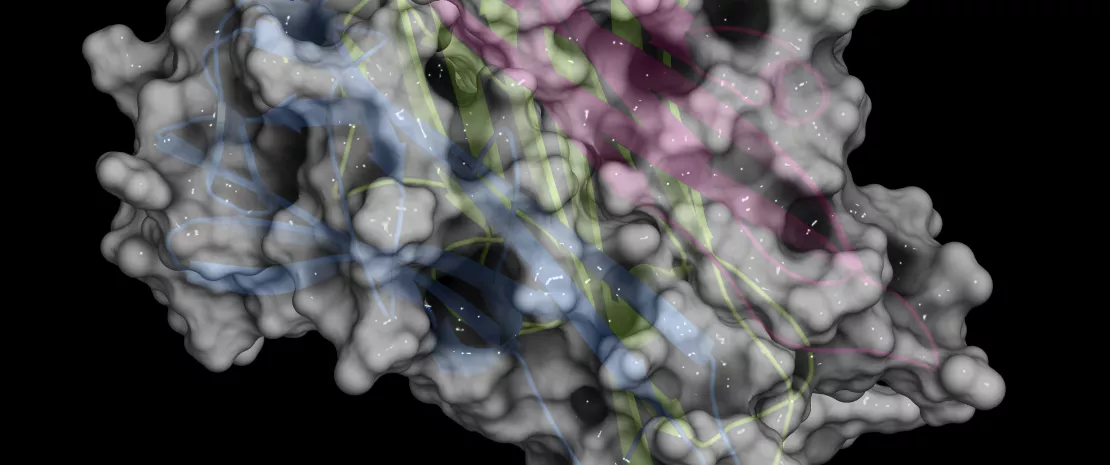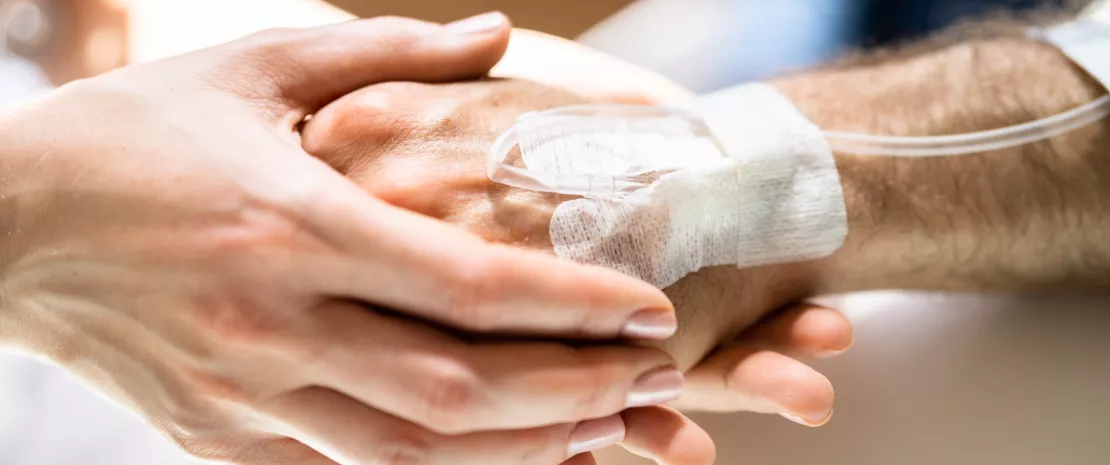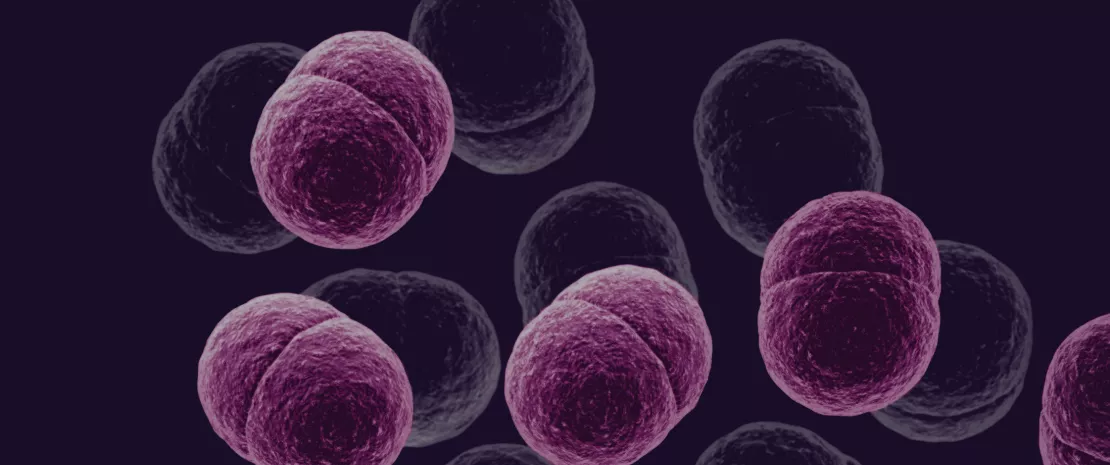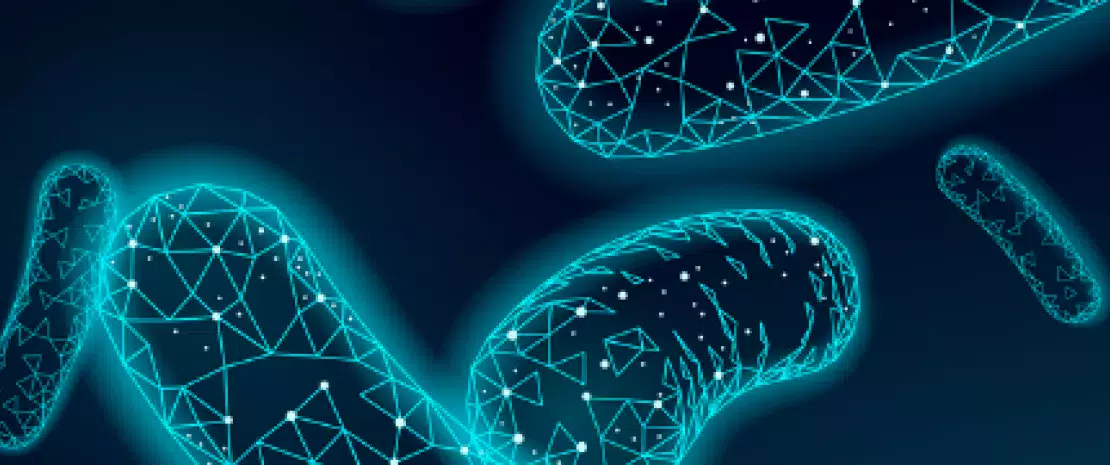About the Microbiota Institute
We are an international knowledge hub dedicated to microbiota.
Founded in 2017 by Biocodex, the Biocodex Microbiota Institute is a non-promotional hub of knowledge dedicated to microbiota. Drugs, pharmaceutical products and strain commercial names are prohibited on the Institute’s website.
Microbiota from obese donors for the treatment of cancer-related cachexia?
Feared by cancer patients, cachexia is difficult to treat despite nutritional support. What if gut flora from overweight or obese donors could reverse the trend?

When gut flora from obese donors helps terminally ill cancer patients
The gut flora of overweight or obese patients may partly explain their weight gain. Could it allow terminally ill cancer patients to gain back lost weight? This is what a team of researchers set out to discover.

Sitemap - PRO
@Microbiota_Inst, the Institute twitter account dedicated to HCPs
To inform, federate and share. The Microbiota Institute launches a Twitter account 100% dedicated to healthcare professionals.

Get microbiota certified!
Need practical training on microbiota? Want to update and upgrade your knowledge in a couple of hours? Want to book a private mentoring session with an international expert? Xpeer Medical Education and the Biocodex Microbiota Institute launch a set of courses in order to improve physician’s knowledge about the importance of human microbiota on health.

Partnerships
The Biocodex Microbiota Institute has established strong partnerships with patient associations, scientific societies, and public health organizations. Together, we share a common goal: to inform, educate, and raise public awareness about the importance of the microbiota for our health.
Congresses
Find information on global microbiota events here. This page covers upcoming microbiota congresses and provides expert insights on these events.






